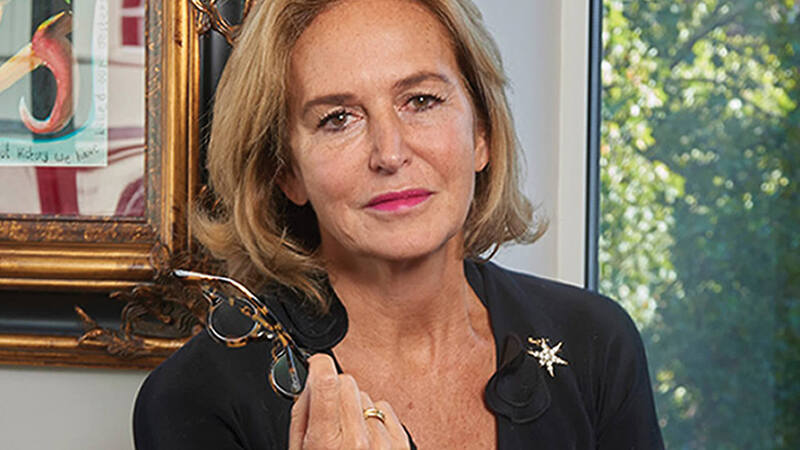You are viewing your 1 free article this month. Login to read more articles.
Lessons from the shop floor
Ros de la Hey, president of the BA, suggests that publishing chief execs should spend a day working on the bookshop floor. I would go a step further and say that publishers and editors should try to do this too. In fact I did go this step further when, on 16th July this year I spent a day at Barton’s Bookshop in Leatherhead with the kind permission of its manager Peter Snell.
The idea first occurred to me when I chatted to Peter during an author event for one of our authors. Peter was passionate about books and incredibly knowledgeable about his stock and – importantly – his customers. It made me realise how far removed from the reader we publishers can be.
Specifically, we are three steps removed. We sell our books to our sales teams, our sales teams sell them to the bookseller, and the bookseller sells them to the customer. Publishers are effectively commissioning books based on trends and probably witchcraft. Unsurprisingly, the results are mixed.
Compare this to the extensive market research other industries conduct directly with the consumer when they are about to launch a new product. A company that is planning to launch a new shampoo will most likely start by asking a user group what they like and don’t like about their existing brand. Their responses will help to shape the new shampoo and a trial batch will be prepared. These will be sent out to product testers who will be expected to give detailed feedback on their experience – of both the shampoo and how it is packaged. This feedback will be used to develop and refine the product until a final version is launched.
In trade publishing, pretty much every single book is a new product (series and brand-linked books excepted) and yet I don’t think it would be unreasonable to suggest that most of these are launched without any direct consumer feedback at all. Of course it would be a mammoth task to create and canvass user/reader groups for each individual book we were considering for publication. If only there were an easier way to find out what those readers really want…
Talking to Peter at the author event made me realise (somewhat belatedly – I have worked in publishing for 20 years) that access to this information is right under our noses, and that if we only communicate a little better with those that are the mouthpieces for our commissioning then valuable information could flow both ways. Luckily Peter agreed and on the 16th July I reported for duty at Barton’s Bookshop.
The experience was every bit as valuable as I had hoped it would be. I gained insight into how people buy books – one customer wanted to encourage his gardener girlfriend to read more fiction by gifting her books with flowers in the title. "No problem" said Peter, disappearing for a minute or so and reappearing with six books. I also gained insight into the process that allowed booksellers to do this.
I had never had a proper look at Buyer’s Notes (booksellers' monthly catalogue) before. I had supplied the information and paid for promotions, but had never seen how it was set out, or clearly understood how they were used. The last time I looked, reps were visiting bookshops regularly. Now, I learned, rep visits are in fast decline and much of the buying is done via a kind of subscription service. Booksellers are as frustrated by the industry from their end as we are from ours – the same, but different.
I left Barton’s Bookshop informed and enthused. In the space of a few hours I had gained a new perspective on publishing, and a bookseller friend. We are so lucky in our industry to be surrounded by people that are just as passionate as we are. Publishers, booksellers, editors, sales teams, proofreaders, cover designers and, most important of all, readers. It’s just not the same in the shampoo industry.
Clare Christian is founder and publisher of RedDoor Publishing.















